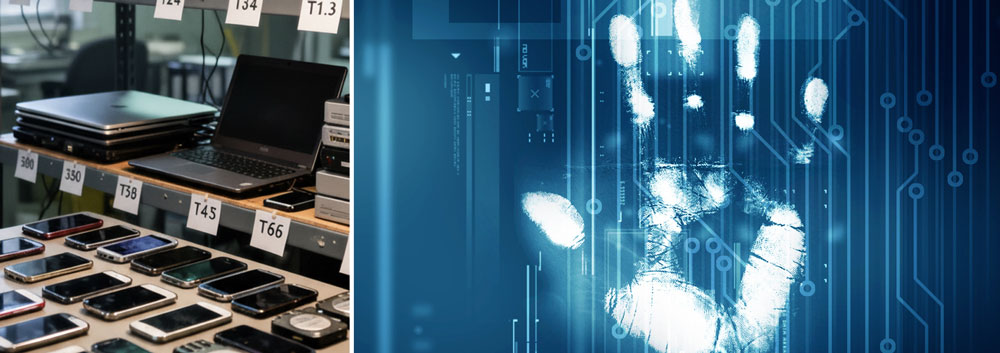How is AI used in the Digital Forensics and Incident Response programme?
AI prompt generation is explored in second-year subjects, allowing students to improve academic skills without relying on it to write content or conduct analysis. Students are exposed to the benefits and drawbacks of using AI, learning how to leverage it responsibly and assess the quality of the responses received. They utilise AI embedded in tools offered as part of the curriculum to strengthen their learning process and understanding of it.
Industry-standard tools like Magnet AXIOM, which incorporates AI for analysis and extracting evidence from various digital sources, are used in practical sessions which allow students to build skills alongside the use of AI. Additionally, students are taught prompt engineering, enabling them to harness AI's potential safely and purposefully. The use of AI is no different than any other tool, a human element is still needed to validate the responses to ensure and maintain the integrity of the investigation.
How is AI being used in the workplace within Digital Forensics and Incident Response?
AI is impacting court cases in Digital Forensics and Incident Response by serving as a supporting tool that requires human validation. Some cases have been dismissed, and attorneys sanctioned for improperly relying on AI without validation due to risks like unpredictable outputs and hallucinations.
AI enhances investigations by parsing through large amounts of data at unprecedented speeds, searching for anomalies or significant events, such as identifying patterns that suggest security breaches.
AI-driven predictive analytics allow DFIR teams to anticipate potential cyber-attacks based on historical data and threat intelligence, shifting from reactive to proactive detection strategies. However, it is not a replacement for traditional forensic methods, and careful oversight is necessary to maintain integrity and reliability.













